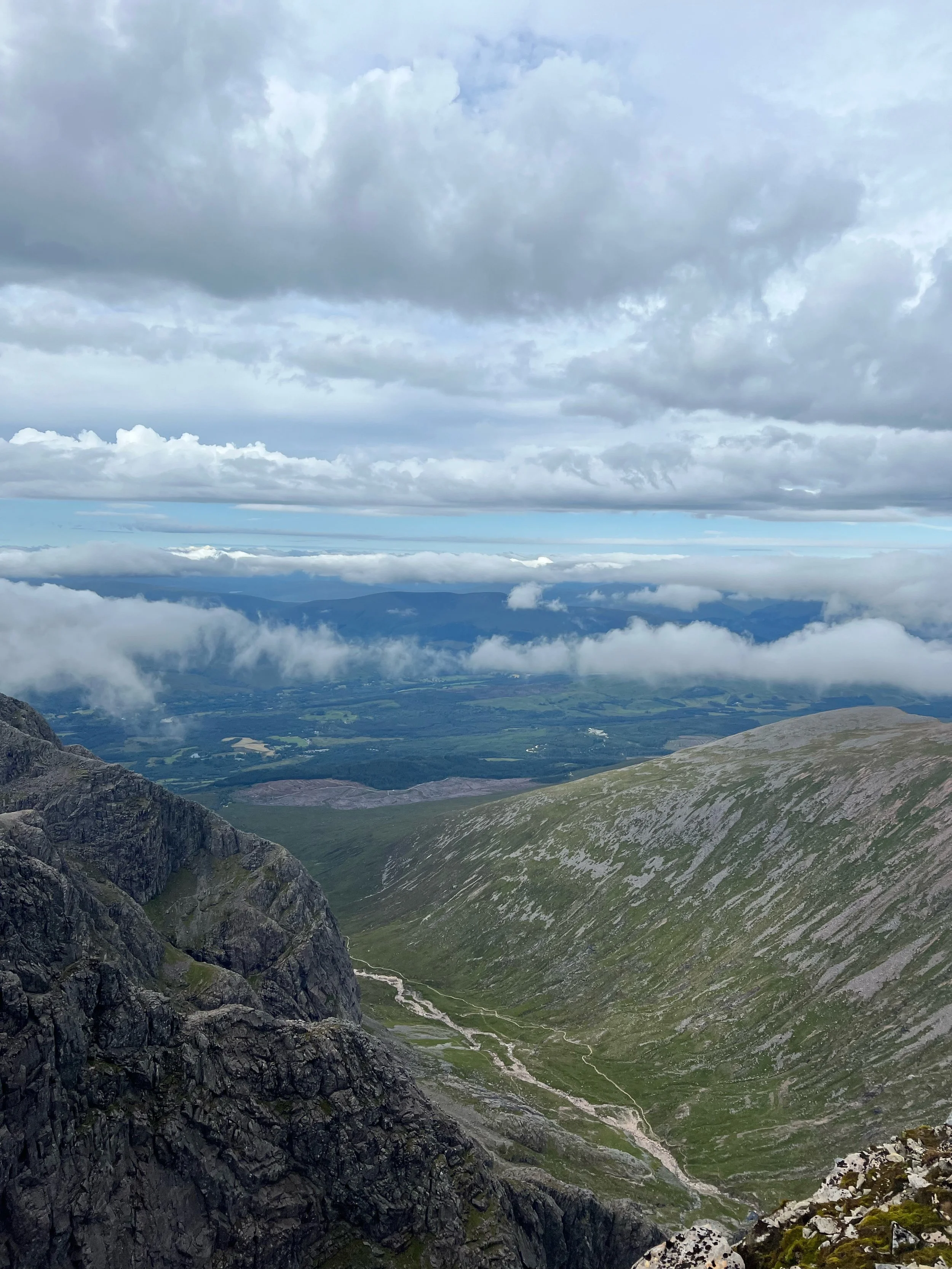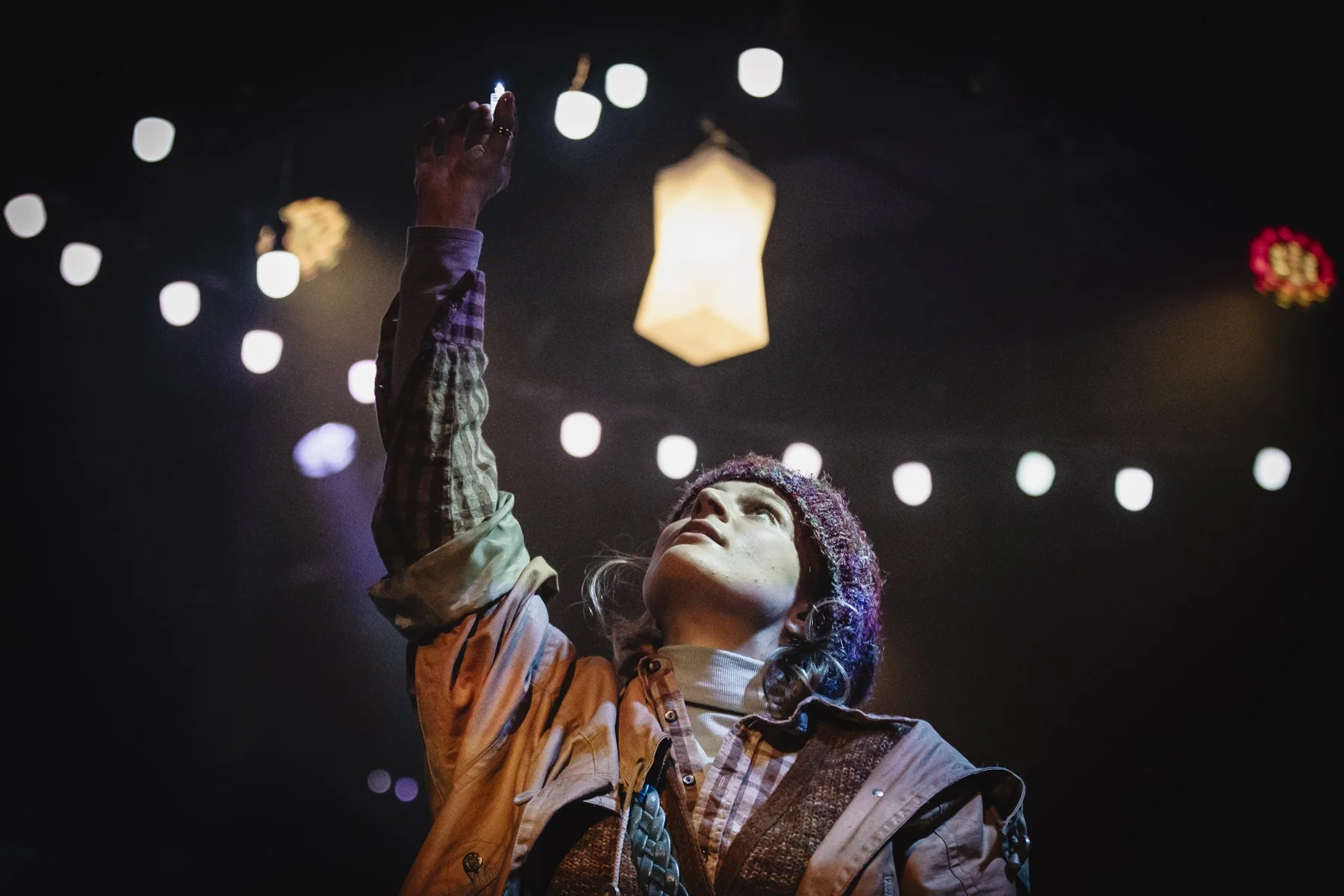How to Get Started in the Creative Industry: Writing for Radio
With social distancing measures halting most filming schedules and movie releases, writers have been turning to the world of radio to flex their creative muscles. The most widely accessible medium of entertainment, radio drama and comedy has the magic to transport listeners to infinite story universes, using just the power of sound.
Someone who’s had a particularly successful career in writing for radio is Tanika Gupta. She’s written over 30 radio plays for the BBC, as well as over 20 stage plays that have been produced at the National Theatre, Royal Court, Theatre Royal Stratford east and many more major UK theatres. She’s also written for television dramas such as EastEnders, Grange Hill and The Bill.
Tanika’s writing career actually began with radio. Her play Asha was the first of her work to be produced and led her onto many more writing opportunities. I had the chance to chat with Tanika about her career in radio, and where radio may take a writer in the future…
So Tanika, how did you get started in writing for radio?
In 1991 I entered the 'BBC Young playwrights competition'. I went along to some workshops run at Broadcasting House and they helped me to develop my first radio play 'Asha' which became one of the finalists and was broadcast as part of the festival on Radio 4. After I had my first play on, I was commissioned to write more and haven't looked back since.
What do you think makes writing for radio unique to other forms of writing?
Radio is unique in that as a writer, one can set the action anywhere and the BBC has the sound effects for it! (Any country in the world, outer space, under the sea - literally anywhere).
What are the biggest challenges you've faced in writing for radio?
To begin with, BBC radio rep didn't have any Asian actors on their books. (There were plenty of Asian actors, just that they weren't being employed much at that time by BBC radio).
Also, one has to always remember to paint a picture with sounds. Writing sound effects are integral to writing a radio script.
Why do you think writing for radio is an important role in the creative industry?
Radio is listened to all over the world and has a huge audience in the UK. The radio drama producers are extraordinarily talented people and they really nurture new writing. Radio drama gobbles up a lot of air time and it's a great way for writers/dramatists/playwrights to get their work out there. Many shows and writers have flourished in radio. ‘Hitchhikers Guide to the Galaxy’ as well as many excellent comedy shows.
What advice would you give to someone wanting to start a career in writing for radio?
Listen to radio plays! Identify directors/producers whose work you admire and then approach them. Listen to the sound effects. Remember not to overpopulate your cast (generally not more than 6) because it's very difficult for the audience to follow too many different voices.
Finally, what do you think is the future of radio drama and comedy?
Radio drama and comedy will always be popular. Now there are brilliant podcasts. The only worry is that with BBC cuts, drama budgets are also being cut.
So why should you write for radio? The UK audience is huge and it seems there’s a big cry out for radio content, especially in the currently screen starved industry. They need writers!
Like Tanika, many writer’s careers began with radio. Hit TV shows such as The Mighty Boosh, That Mitchell and Webb Look and Miranda all started out as radio shows; it’s one of the foundations of the entertainment industry.
If you’re looking to delve into radio writing, here are some things to remember:
“Paint a picture with sounds”. Use location, sound effects and character voice to your advantage. Ultimately, utilise radio as a medium.
Listen to radio plays, dramas and comedies. This will expand your understanding of the medium and allow you to identify what does and doesn’t work, evolving your skill with the potential of sound.
Cut your audience some slack, but not to the point where you’re spoon feeding them information. Don’t over populate your cast. Keep your story clear and engaging, while leaving the audience room for their imagination to fill in the blanks.
There’s useful resources for writing for radio on the BBC website…
Writing Radio Drama: https://www.bbc.co.uk/writersroom/resources/tips-and-advice/writing-radio-drama
Writing Radio Comedy: https://www.bbc.co.uk/writersroom/resources/tips-and-advice/writing-radio-comedy
And you can read more about Tanika’s radio work on her website: http://www.tanikagupta.com/all-radio/
Help us keep the City Girl Network running by supporting us via Patreon for the price of a cheap cup of coffee- just £2 a month. For £3 a month you can also get yourself a Patreon exclusive 10% off any of our ticketed events! You can also support us by following us on Instagram, and by joining our City Girl Network (city wide!) Facebook group.
Written by Annabel Chadwick
Twitter @annabel_chad
Facebook: @annabeltheplaywright













